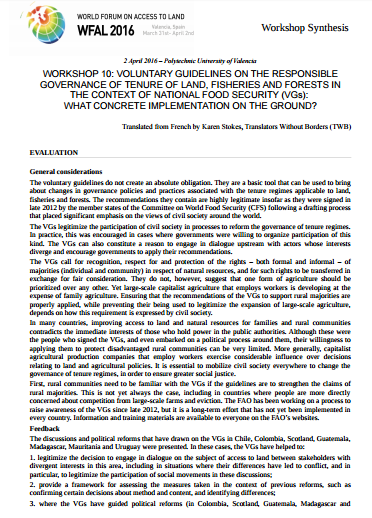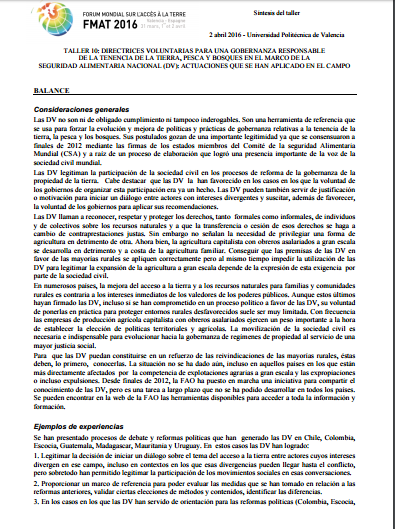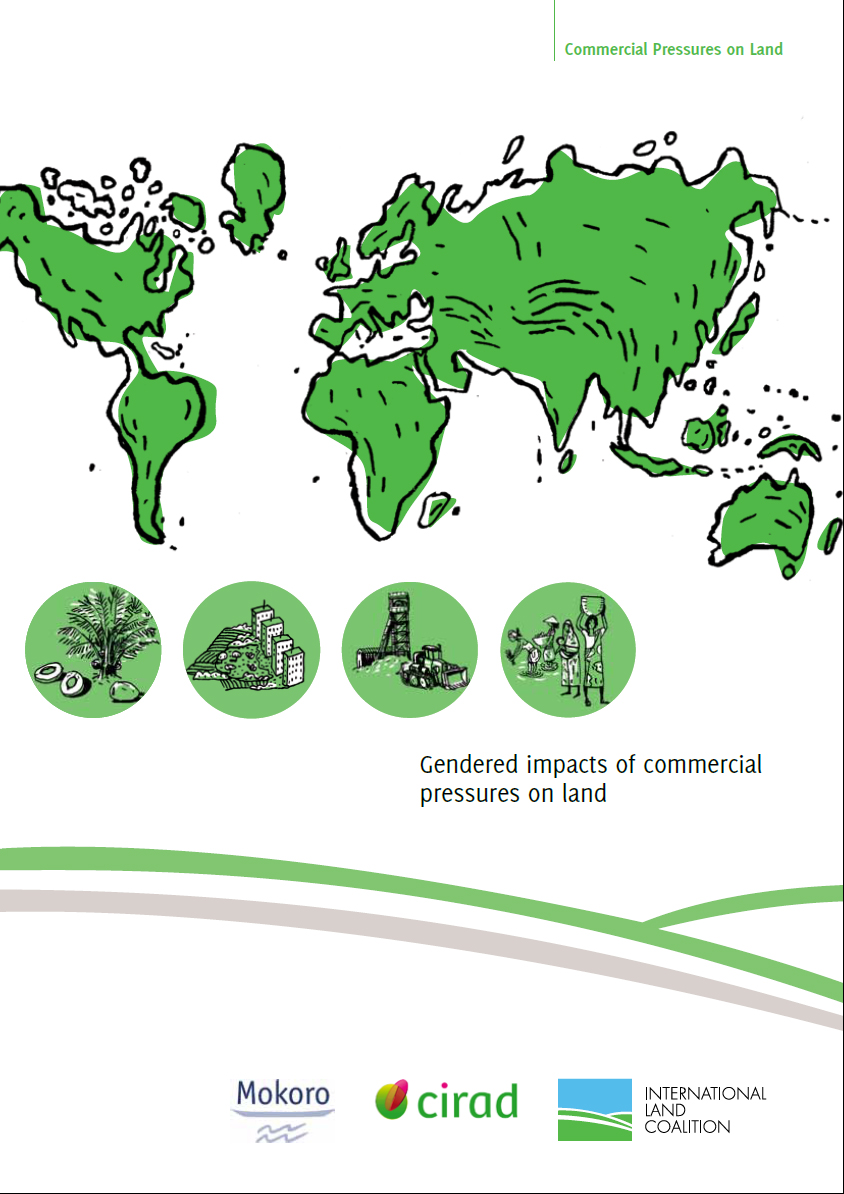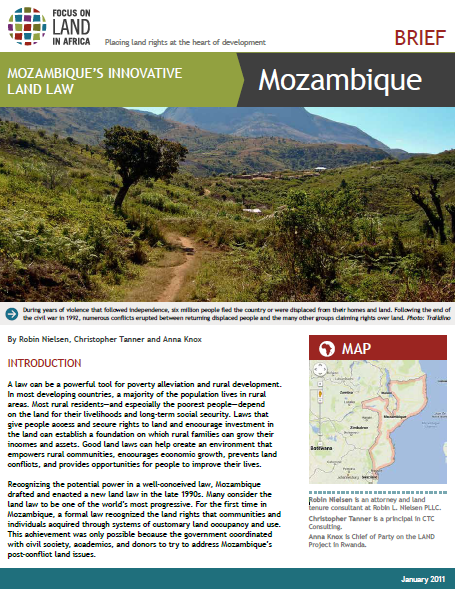TALLER 5: LAS DIFICULTADES DE ACCESO A LA TIERRA Y A LOS RECURSOS NATURALES PROPUESTAS PARA LAS MUJERE
Por todo el mundo, la inmensa mayoría de mujeres se enfrenta a condiciones desiguales de control y acceso a la tierra y a los recursos naturales respecto a los hombres.











